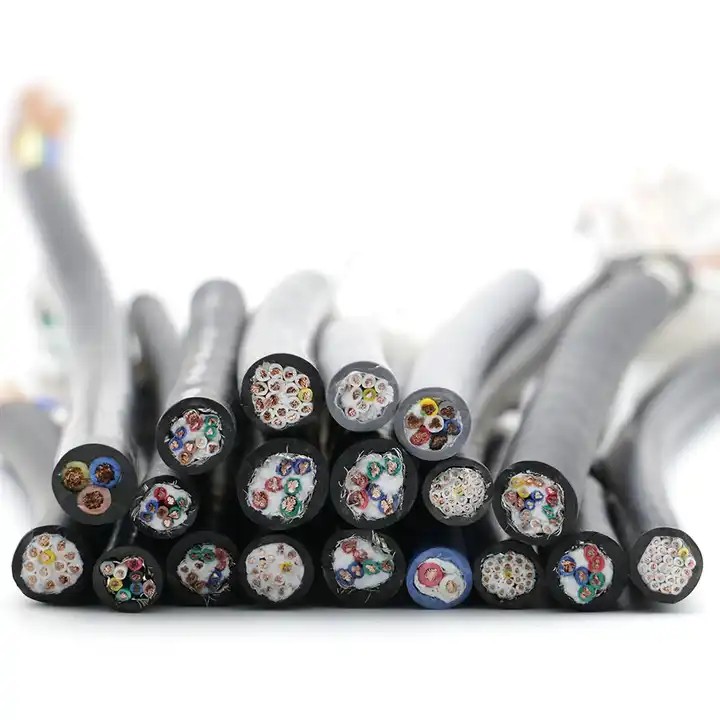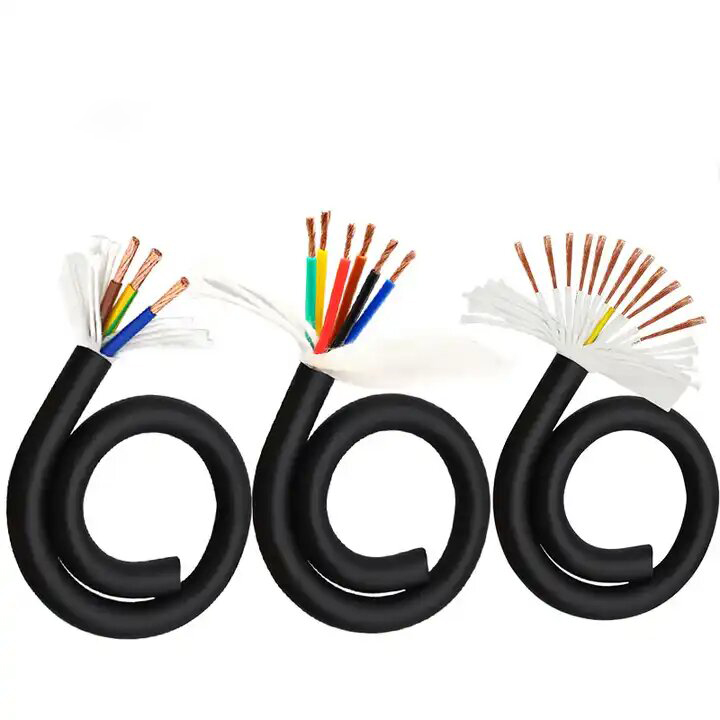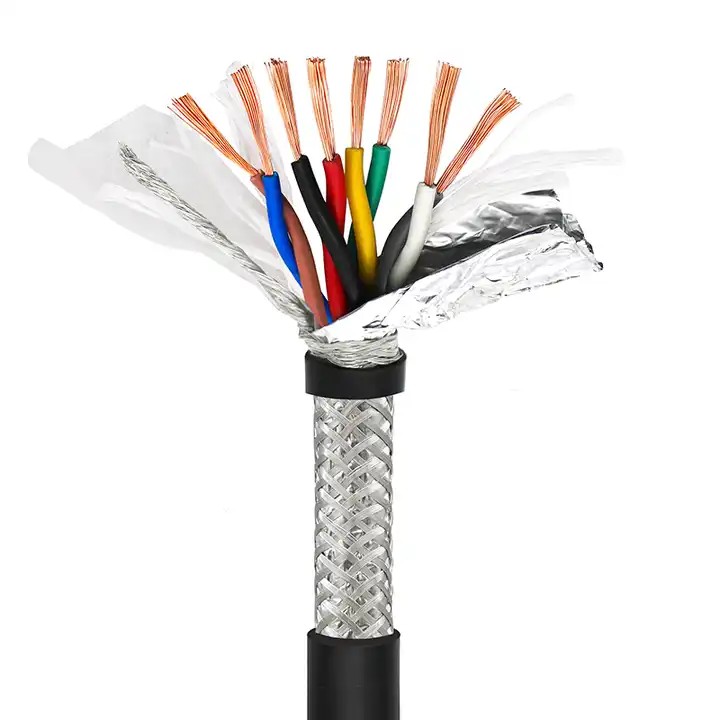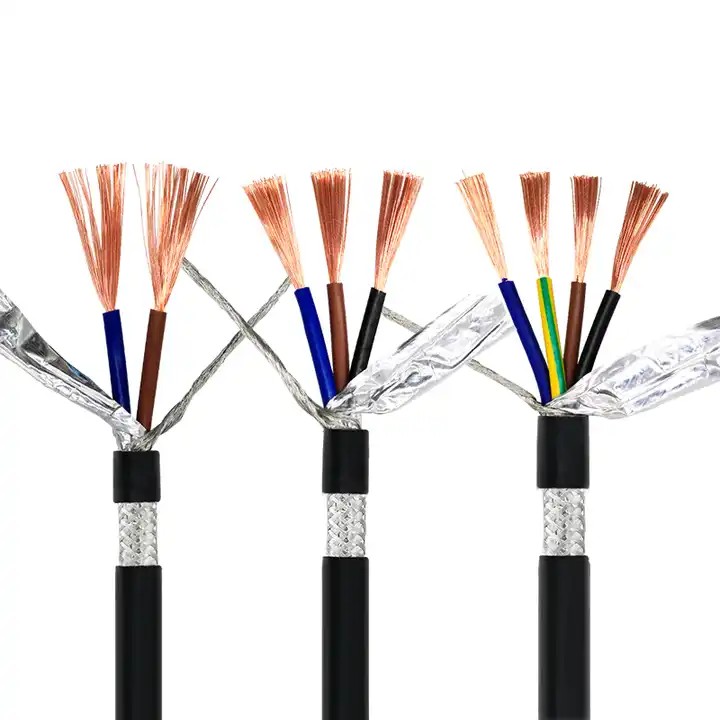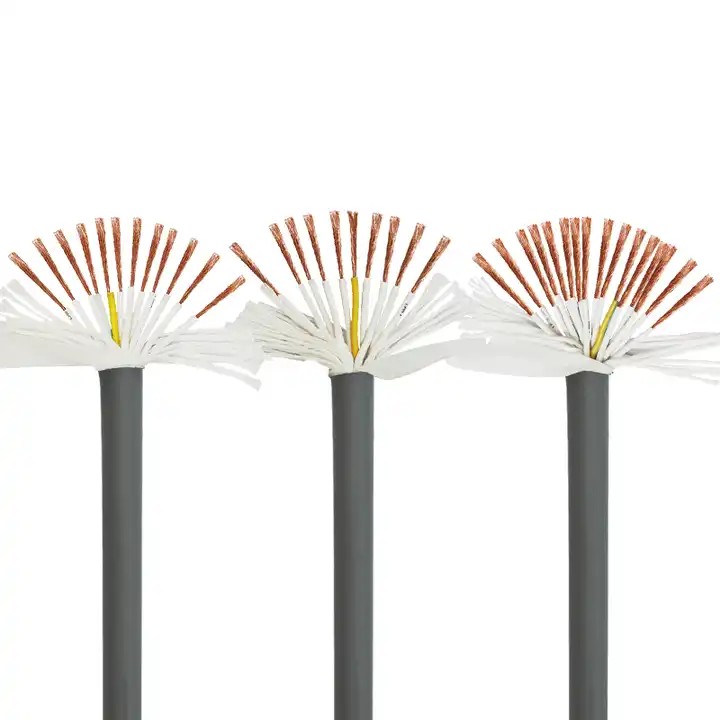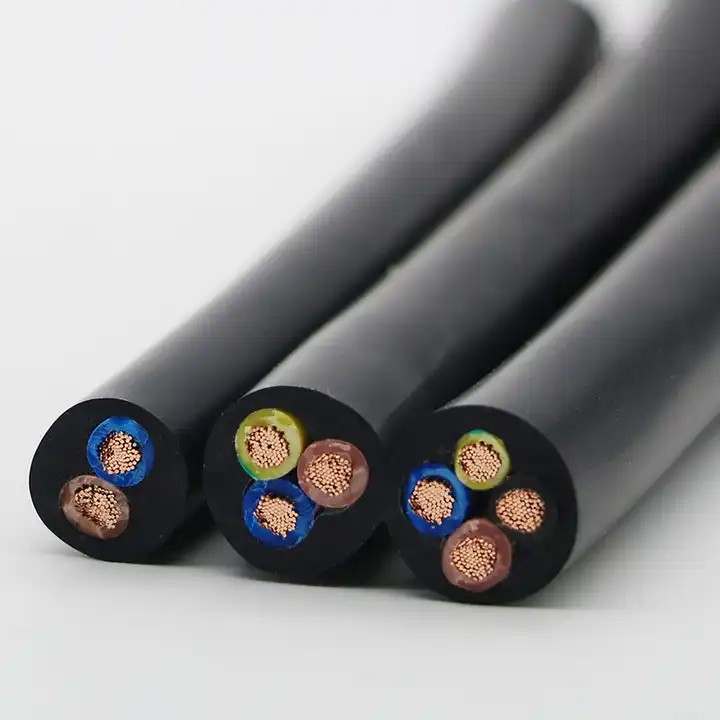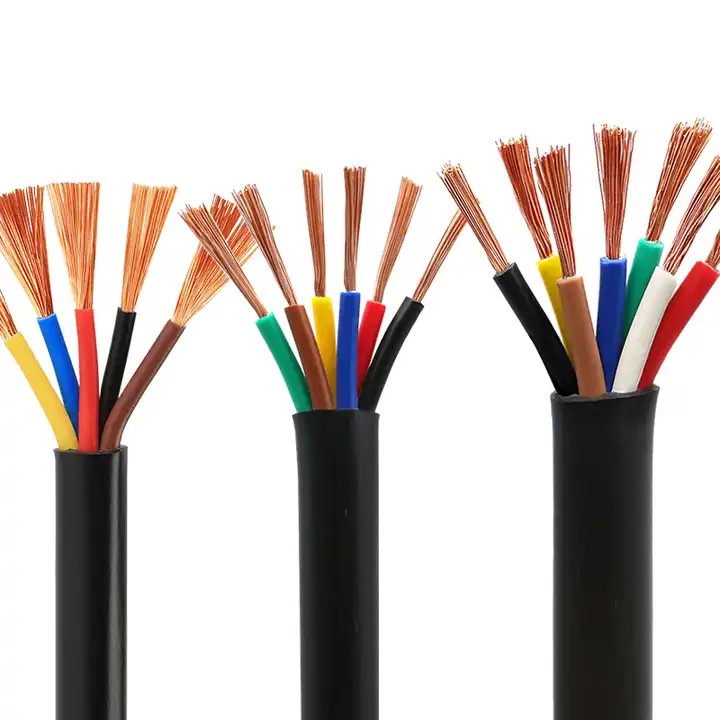How to Select the Right Flexible Multicore Cable for Your Needs?
Published:
2024-12-26 11:20:28
Discover high-quality flexible multicore cables, including power & electrical cables, from trusted multicore flexible cable manufacturers.
When it comes to wiring and electrical installations, selecting the right type of cable is crucial for ensuring safety, performance, and durability. Flexible multicore cables are a popular choice for a wide range of applications due to their versatility and reliability. Whether you’re designing an industrial control system, setting up a power distribution network, or wiring machinery, flexible multicore cables can provide the flexibility and performance you need. But how do you choose the right one for your specific requirements?
In this article, we’ll guide you through the key factors to consider when selecting the right multicore flexible cable for your needs, with a focus on multicore flexible power cables, multicore flexible electrical cables, and choosing the best multicore flexible cable manufacturer, like TL-LINK.
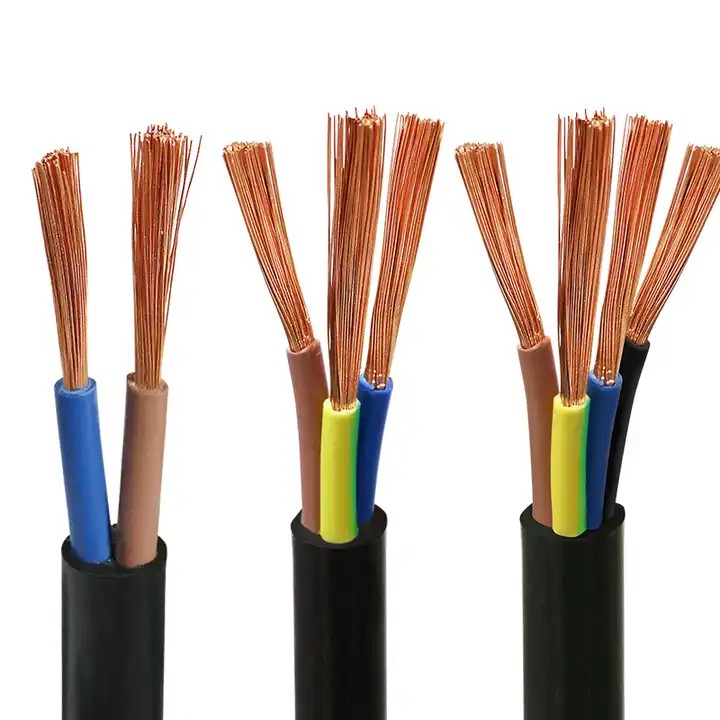
1. Understanding the Different Types of Flexible Multicore Cables
Before you make a decision, it's essential to understand the different types of flexible multicore cables and their applications. These cables are designed to carry multiple electrical signals or power lines in a single, flexible casing, and come in various configurations and constructions. Here are some common types:
Multicore Flexible Power Cable: This type of cable is designed specifically for transmitting electrical power. It's used in power distribution systems, machinery, and equipment that requires a stable and reliable power supply. The multicore flexible power cable ensures optimal power delivery while maintaining flexibility, even in tight spaces.
Multicore Flexible Electrical Cables: Used primarily for electrical systems, these cables are essential for carrying signals or power between different components of electrical systems. They’re often used in commercial buildings, machinery, and control systems. Multicore flexible electrical cables are perfect for applications where flexibility and easy installation are key.
2. Factors to Consider When Choosing the Right Cable
When selecting the right flexible multicore cable, there are several important factors to consider:
a. Cable Size and Configuration
The number of cores (conductors) and their size will depend on your specific application. More cores are necessary for complex electrical systems that require multiple connections, while larger gauge wires are needed for higher power transmission. Ensure that the cable’s core configuration fits the power or signal requirements of your application.
b. Environmental Considerations
Consider the environment in which the cable will be installed. For example, if you're using multicore flexible cables outdoors or in industrial settings, you’ll need cables with extra protection against environmental factors such as UV rays, chemicals, moisture, or extreme temperatures. Look for multicore flexible electrical cables that come with robust insulation and protective sheaths designed for harsh conditions.
c. Flexibility and Durability
One of the key benefits of flexible multicore cables is their ability to bend and move without breaking. When choosing a cable, ensure that it meets the specific flexibility requirements of your installation. If the cable needs to withstand frequent movement or bending (like in robotics or automation systems), opt for cables that offer high durability and flexibility.
d. Voltage and Current Rating
Every cable is designed to carry a certain amount of voltage and current. Check the voltage rating and current-carrying capacity of the cable to ensure it can handle the load of your application. For example, multicore flexible power cables are designed for higher power applications, while multicore flexible electrical cables might be used for lower power, signal-based applications.
e. Insulation Material
The insulation material of the cable plays a vital role in protecting the conductors and ensuring safe operation. Common materials used for insulation include PVC, rubber, or TPE (thermoplastic elastomer). Make sure to select the right material based on the operating temperature range, mechanical protection, and chemical resistance your cable will require.
3. Why Choose TL-LINK as Your Multicore Flexible Cable Manufacturer?
When selecting a multicore flexible cable manufacturer, it’s important to choose a supplier with a proven track record of quality, reliability, and expertise. TL-LINK is a trusted name in the industry, known for providing high-quality multicore flexible cables designed to meet the demands of a wide range of industries, including power, automation, robotics, and construction.
Here’s why TL-LINK is a top choice:
High-Quality Materials: TL-LINK uses premium materials for all its cables, ensuring superior performance, safety, and durability. Whether you’re looking for multicore flexible power cables or multicore flexible electrical cables, TL-LINK ensures that each cable meets or exceeds international standards.
Customization Options: TL-LINK offers tailored solutions for your specific needs. Whether you require unique cable configurations, insulation materials, or customized designs, TL-LINK’s team can help you choose the right cable for your project.
Competitive Pricing: With TL-LINK’s global network, you can access high-quality multicore flexible cables at competitive prices, ensuring that you get value for your investment.
Expert Technical Support: TL-LINK’s experienced engineers and customer support team can assist you with everything from cable selection to installation advice, helping you make the most informed decisions for your projects.
4. Applications of Multicore Flexible Cables
Multicore flexible cables are used in various applications across multiple industries. Some common uses include:
Industrial Automation: Multicore flexible cables are essential for wiring machines, control panels, and robotics systems, where flexibility and durability are critical.
Power Distribution: Multicore flexible power cables are used in power plants, substations, and electrical grids to ensure efficient power transmission.
Building Wiring: These cables are often used in the electrical wiring of buildings, from residential to commercial and industrial complexes.
Automotive Industry: For vehicles that require flexible and durable wiring systems, multicore flexible electrical cables are ideal for powering components and sensors.
5. Conclusion
Choosing the right multicore flexible cable is crucial for the success of any electrical system, whether it’s for power distribution, automation, or any other application. Consider factors such as flexibility, durability, insulation material, and current rating when making your decision. Additionally, working with a reliable multicore flexible cable manufacturer like TL-LINK ensures that you’re investing in high-quality products that meet industry standards and your specific needs.By selecting the right cable and supplier, you can ensure the safety, efficiency, and longevity of your electrical systems, whether you’re working in industrial, commercial, or residential settings.


